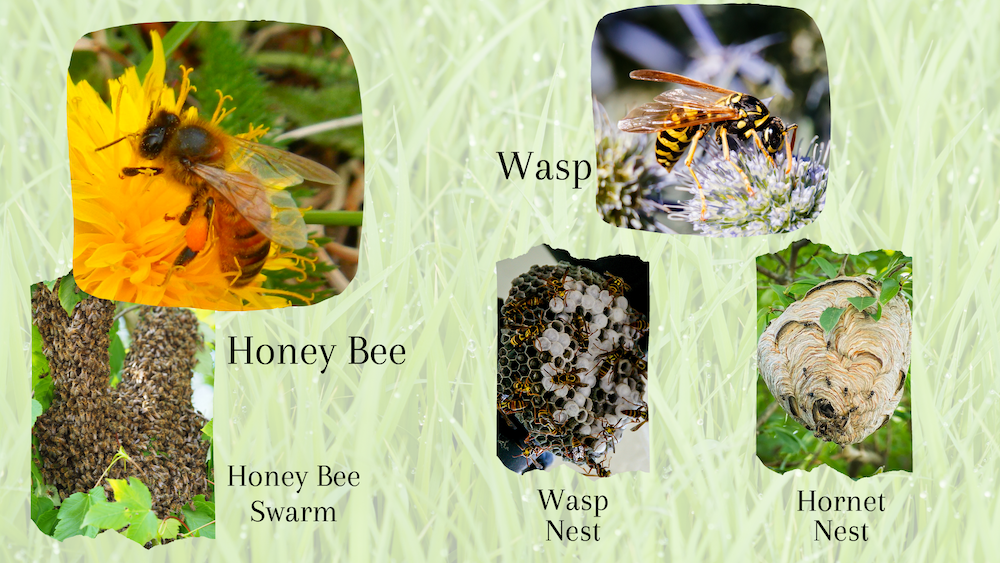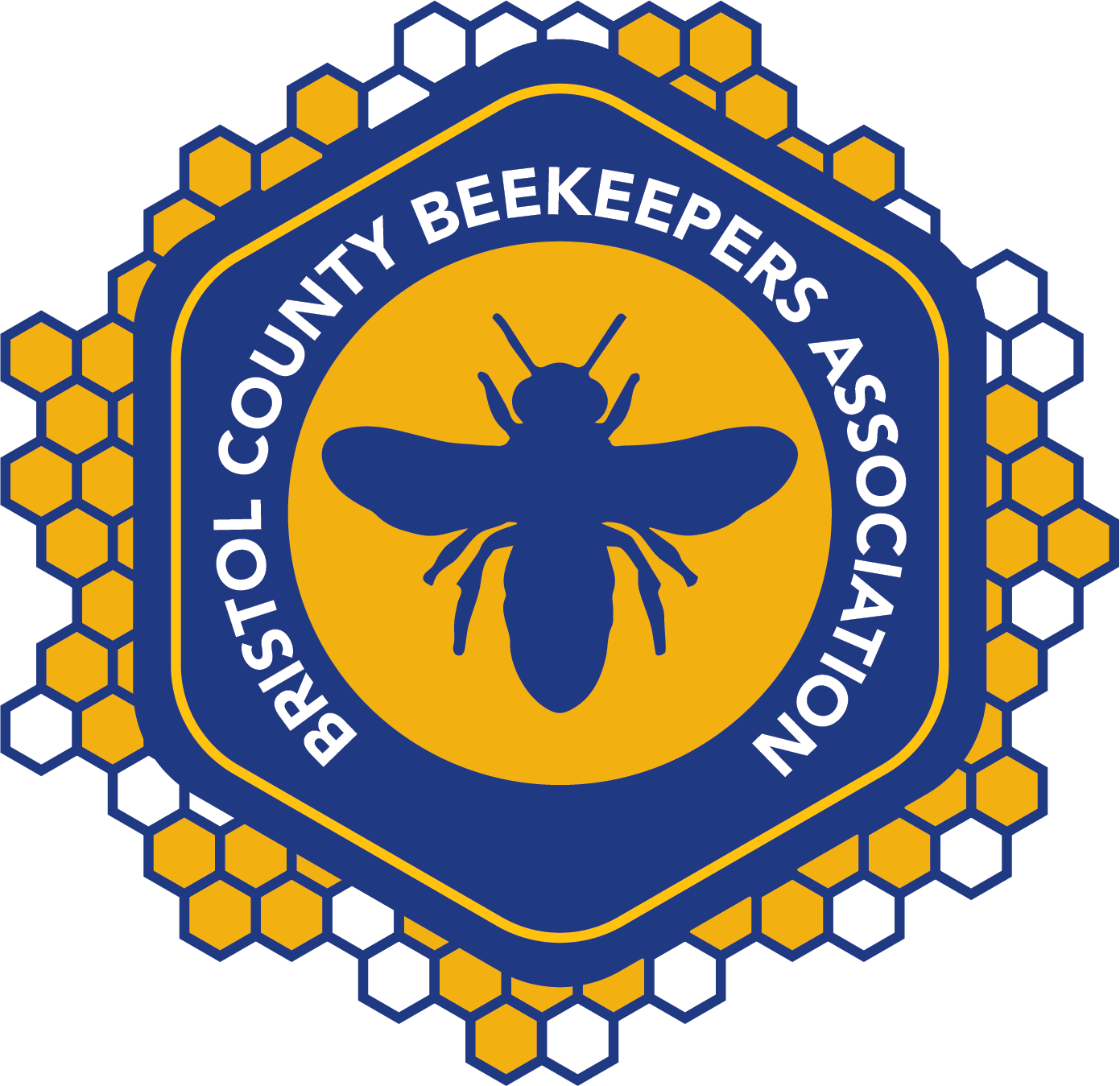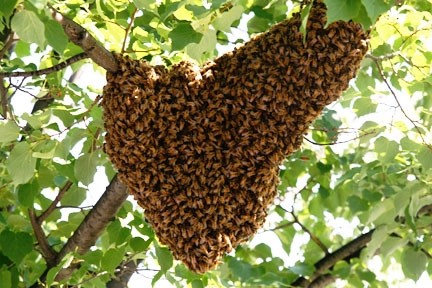bristol county beekeepers associationWe Collaborate & Educate to Preserve the Future of Honeybees | Member Sign In |
SWARMS
| Honeybee swarms can be a very common occurrence between May and June. This is the time of year when many people find swarms of bees around their homes and yards. You may often find a swarm in a tree, but you can also find a swarm on a home, barn or shed. If you do come across a swarm of honeybees, there are a few things you should know in order to protect yourself and the bees. |
First off - Please remember that bees are a vital part of our world, so please do not kill them.
Secondly - Don't panic. Here's the important thing to know - The honeybees in a swarm are usually quite docile. They'll rarely be aggressive towards you if you leave them be. A honey bee swarm has neither young nor food stores, so it isn’t likely to expend energy with defensive behavior unless unduly provoked.
They're simply on their way to find their next permanent home.
When encountering a swarm, it is best to allow a knowledgeable beekeeper, comfortable with handling bees , to deal with the removal. You will be doing the honey bee population as well as the beekeeper a great service contacting one of the the available beekeepers listed on the this document.
Bristol County Beekeepers are available to help your swarm relocate.
To help us out, make a note of where the swarm is located (will we need a ladder?)
Let us know the rough size of the swarm (tennis ball, football etc) and try to estimate how long it has been in this spot.
You can expect your beekeeper to safely relocate the swarm. The beekeeper simply shakes the swarm into a box that can be secured and has adequate ventilation. Then, the swarm is taken to a hive, the box opened and the bees shaken into their new hive to continue their colony growth.
What you should know:
Honey Bee swarming is a process that healthy spring colonies go through to divide into two or more colonies. This is an amazing natural event that typically takes place in the late spring and sometimes throughout the summer when conditions are right. Each swarm will have the queen bee and up to half of the colony's worker bees as well as some of the male drones. They all take flight from the hive in order to establish new colonies in an effort of survival of the species.
BEE or WASP?


